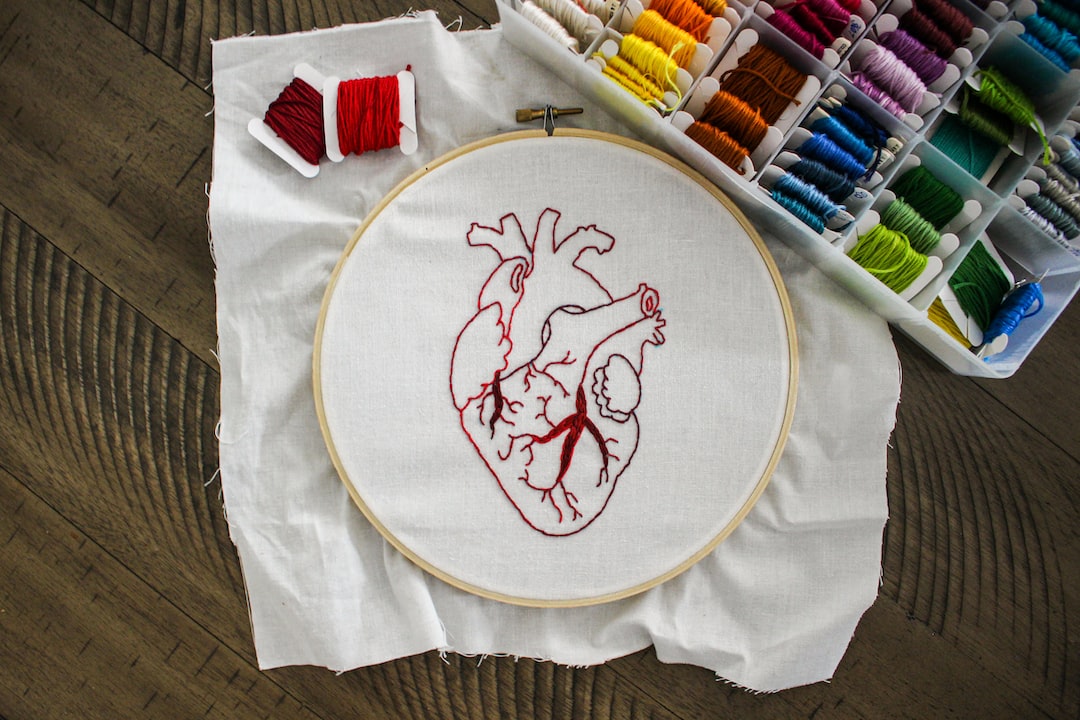Fishing is not only a hobby but also a skill that can provide you with a relaxing and enjoyable way to spend your time in nature. For beginners who want to delve into the world of fishing, it can be a bit overwhelming with the multitude of techniques, gear, and species to consider. However, fear not! In this beginner’s guide to fishing, we will cover the basics and help you get started on your fishing journey.
Understand the Different Fishing Techniques
One of the first things you need to understand as a beginner is the different fishing techniques available. Some common techniques include:
1. Casting: This is the most straightforward technique where you cast your line using a fishing rod and reel. It can be done from the shore or a boat.
2. Fly Fishing: This technique involves using an artificial fly as bait, which is cast using a specialized rod and reel. It requires more skill and is often used in freshwater.
3. Trolling: In this technique, you let your bait or lure drag behind a moving boat. It is often used for larger species such as salmon or trout.
Choose the Right Fishing Gear
Having the right fishing gear is essential for a successful fishing experience. Here are the basic items you will need:
1. Fishing Rod: Choose a fishing rod that suits your fishing technique and target species. There are different types of rods available, such as spinning rods, casting rods, and fly rods.
2. Fishing Reel: The reel attaches to the fishing rod and holds the fishing line. Match the reel type to your fishing rod type for proper balance.
3. Fishing Line: The fishing line connects the bait or lure to the fishing rod and reel. Choose the appropriate line weight for your target fish species.
4. Hooks and Baits: Hooks come in various sizes, and the choice depends on the size of the fish you want to catch. Live or artificial baits can be used, such as worms, minnows, or lures.
5. Fishing Tackle and Accessories: Don’t forget to have a tackle box to carry all your hooks, sinkers, and other small fishing accessories. Also, invest in a fishing net to help land your catch.
Learn About Local Fishing Regulations
Before you head out to your favorite fishing spot, it is crucial to educate yourself about the local fishing regulations. Different areas have specific rules and regulations regarding fishing seasons, catch limits, and permitted fishing methods. Make sure you obtain any necessary licenses or permits to avoid any legal issues.
Identify the Best Fishing Locations
Knowing where to fish is half the battle. Start by identifying local fishing spots near you. This could be a lake, river, pond, or even the ocean, depending on your location. Research online or consult local fishermen or bait shops to find the best spots for your target fish species.
Learn Basic Fishing Techniques
Now that you have your gear and located a fishing spot, it’s time to learn some basic fishing techniques:
1. Casting: Practice your casting technique by holding your fishing rod and reel properly. Use a smooth, controlled motion to cast your bait or lure into the water.
2. Setting the Hook: When you feel a fish biting, it’s time to set the hook. Do this by quickly pulling the rod tip upward to firmly bury the hook into the fish’s mouth.
3. Reeling In: Once you’ve hooked a fish, use the reel to bring it closer. Keep the line taut and use a steady, rhythmic motion to reel in the fish.
4. Landing the Fish: When the fish is near, use a fishing net to safely bring it out of the water. Be careful not to lose your hard-earned catch at this stage!
Practice Patience and Persistence
Fishing requires a lot of patience and persistence. It’s not uncommon to spend hours without any bites. Enjoy the calmness of the water, the beauty of nature, and view fishing as an opportunity to unwind rather than just catching fish. Remember, practice makes perfect, and the more you fish, the better you’ll become.
Respect the Environment and Practice Catch and Release
Lastly, it is vital to respect the environment and practice catch and release whenever possible. Catch and release helps protect fish populations and ensures that future generations can continue to enjoy fishing. Handle the fish gently and return them to the water as quickly as possible, ensuring they have a good chance of survival.
In conclusion, fishing is a fantastic activity that allows you to connect with nature and relax. By understanding the different techniques, choosing the right gear, learning about local regulations, and practicing basic fishing techniques, you can embark on a fulfilling fishing journey. Remember to be patient, respect the environment, and enjoy the experiences that fishing brings. So grab your fishing gear, find a good spot, and have fun exploring this wonderful hobby!

